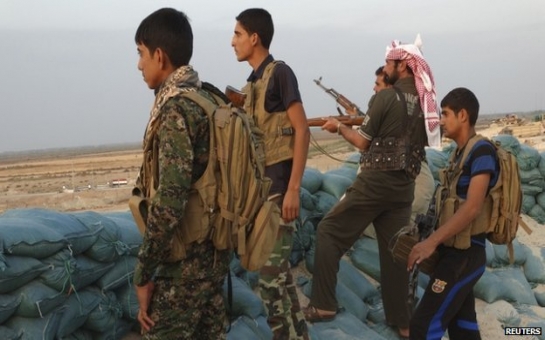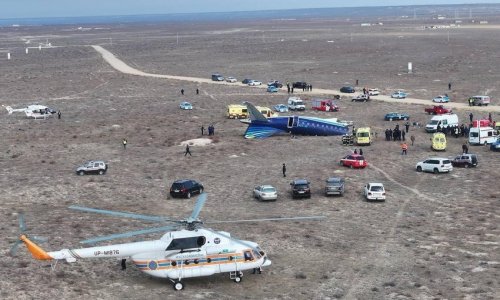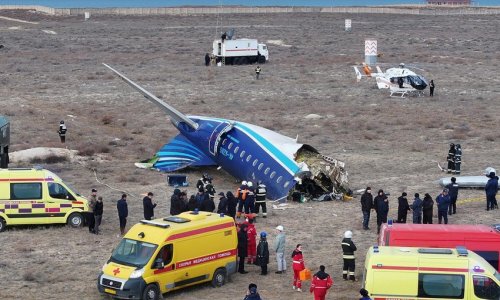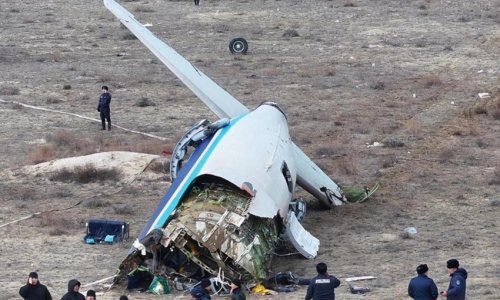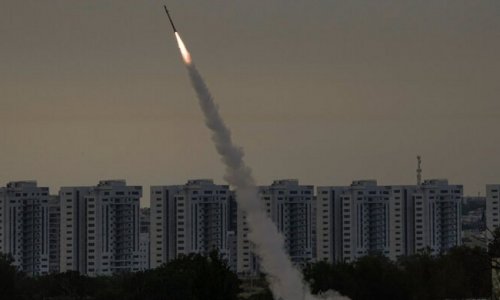(BBC) - Mass killings by Islamic State militants have seen 322 members of an Iraqi Sunni tribe killed in western Anbar province, Iraq's government says.
The country's ministry of human rights said more than 50 bodies were found in a water well, whilst 65 members of the Al-Bu Nimr tribe have been kidnapped.
The group's latest attack came on Sunday morning when militants shot and killed at least 50 of the tribe.
IS militants - also Sunnis - control large areas of Iraq and Syria.
The ministry said IS is holding the 65 hostages as prisoners of war. The jihadist group also stole livestock from the tribe, it said.
A senior leader of the tribe, Sheikh Naeem Al Gaoud told the BBC: "The government abandoned us and gave us to Isis on a platter.
"We asked them many times for weapons but they gave us only promises."
The BBC's Orla Guerin, in Baghdad, says mass killings of the tribe have become an almost daily occurrence.
Tribal leaders said Sunday's victims, who reportedly included 10 women and children, were lined up and publically shot as punishment for what IS sees at the tribe's resistance.
A number of people from the Al-Bu Nimr tribe were also found dead in mass graves earlier this week. Fifty others were killed on Saturday.
The latest shootings occurred in the village of Ras al-Maa, north of the provincial capital Ramadi.
A local official told the Associated Press news agency that many members of the tribe fled there from near the town of Hit, which was captured by IS last month.
The Al-Bu Nimr tribe had joined the Iraq government campaign against IS in Anbar, much of which is now under jihadist control.
The recently-formed and Shia-dominated Iraqi government is trying to win over Sunni tribes, which it sees as a key element in the fight against IS.
But Baghdad has not yet succeeded in persuading the bulk of the tribes to turn on IS.
The Associated Press reports that just 5,000 of an estimated 30-40,000-strong tribal population are backing the Baghdad government.
The tribes want guarantees that they will be given a serious degree of devolution for their areas and a real say in national decision-making, correspondents say.

